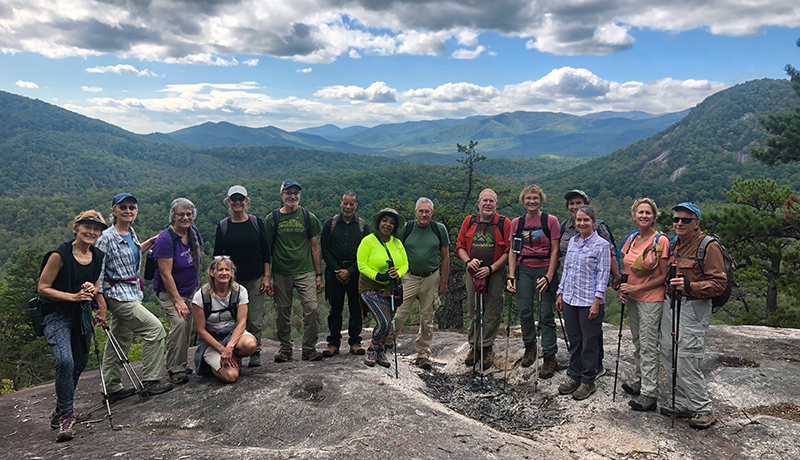
AmeriCorps Outings, Education, and Forest Stewardship Coordinator(Asheville)
AmeriCorps Outings, Education, and Forest Stewardship Coordinator (Asheville)
 MountainTrue, through AmeriCorps Project Conserve, is seeking a dedicated individual to fill a full-time position serving critical conservation needs in Western North Carolina. The member will serve 1700 hours from September 1, 2022 through July 31, 2023.
MountainTrue, through AmeriCorps Project Conserve, is seeking a dedicated individual to fill a full-time position serving critical conservation needs in Western North Carolina. The member will serve 1700 hours from September 1, 2022 through July 31, 2023.
Position Summary:
The Outings, Education and Forest Stewardship Coordinator works closely with topic area experts on the MountainTrue staff to engage the public in environmental protection in Western North Carolina through guided hikes, outreach programs, on-the-ground stewardship on public lands, volunteer coordination, and environmental education. The coordinator will serve as the project lead for the OLLI Ecology of the Southern Appalachians course, our annual BioBlitz volunteer event, and our Guided Adventures series. This service position will require frequent travel and work outdoors to provide an opportunity to become more familiar with the Blue Ridge Mountains. The coordinator will support MountainTrue’s racial equity work by helping to create programming specifically designed to engage communities of color in environmental conservation. The activities undertaken by this position will inform, inspire, and connect a broad public to the natural world and its delicate and often threatened ecosystems, thereby increasing general support for conservation efforts in our region.
Qualifications – Knowledge, Skills, and Abilities:
- Excellent planning and organizational skills. Attention to detail is key in this position.
- Education or experience in natural resources management, biology, or environmental science/studies/education/policy.
- Experience working with diverse people (youth, retirees, rural, urban, people of color).
- Strong time management skills.
- Ability to work outdoors and maintain a positive attitude in challenging conditions and inclement weather.
- Ability to manage multiple projects at once and maintain attention to detail.
- Ability to work as part of a team as well as independently.
- Be a quick learner, unafraid to ask questions, and also have the patience to tackle complex problems
- Familiarity with web-based programs and applications and the use of social media.
- Training and/or teaching experience a plus.
- Excellent oral (including public speaking) and written communication skills.
- Spanish language proficiency a plus.
- Eligible applicants must be at least 18 years of age, be a citizen, national, or lawful permanent resident alien of the United States, and consent to a criminal history check.
Preferred Service Hours / Weekly Schedule:
9:00 am to 5:00 pm Monday through Friday, with occasional evening and weekend hours as needed
Position Responsibilities and Duties:
Conservation Education: 65%
- Organize numerous hikes, tours, and other activities featuring MountainTrue programs and priorities such as old-growth forests, ecology, water quality, land use planning and development, and others. Coordinate with topic experts on staff who will be primarily responsible for content delivery.
- Educate volunteers and members of the public through organized events and workdays provided throughout our service region of counties across Western North Carolina.
- Manage event page content for website, make regular posts to social media platforms including Facebook and Instagram, build volunteer and ticketed event sign up forms for web, compose email communications to promote events and programs, and communicate with the general public looking to engage with our programs
- Represent MountainTrue in the Everybody’s Environment Coalition and bring valuable learnings back to the organization to improve our diversity, equity, and inclusion.
- Serve as the project lead and primary point of contact between participants in our OLLI Ecology of the Southern Appalachians class and the MountainTrue staff instructors.
- Participate in the community as a MountainTrue team member contributing to the success of the organization.
At-Risk Ecosystem Impacts and Trails: 15%
- Field inventory/data collection of non-native invasive plant species;
- Manual and chemical treatment of non-native invasive plants, both along trails (National Forest, AT, state, municipal) and in conservation easements;
- Chemical treatment to save ash trees from emerald ash borer
- Leading volunteers to address maintenance needs on public trails.
- Training volunteers to collect data on sedimentation from forest roads and trails
Volunteer Engagement: 20%
- Assist in the recruitment and management of volunteers, teaching them restoration techniques including manual and chemical treatment of non-native invasive plants, informing them of the risks associated, and supervising them during workdays.
- Coordinate our annual BioBlitz, which includes a 2 week virtual species hunt utilizing the iNaturalist app for identification and coordinating in-person identification events in different parts of WNC to recruit new participants and volunteers.
PLEASE NOTE: In addition to fulfilling host site service responsibilities, all Project Conserve members are required to fully participate in team trainings, service projects, and statewide AmeriCorps events. Project Conserve team events will occur approximately twice per month in locations throughout the service area and may require up to three overnight stays.
Eligibility Requirements
Applicants must:
- Be a U.S. citizen, national, or lawful permanent resident
- Be at least 18 years of age at the commencement of service
- Be available and commit to full-time service for the entire service term: members will serve a minimum of 1700 hours over the 11-month term, which is roughly full-time (40 hours per week).
- Consent to a criminal history check and be cleared for service
- Meet minimum education requirements (see individual service descriptions)
- Meet additional qualifications as listed in the service descriptions
- Meet essential functions for each position as listed in the individual service descriptions
Compensation & Benefits
For full-time (1700 hour) positions in the 2022-2023 program year, members will receive:
- $19,880.00 living stipend (paid in equal installments via direct deposit, twice per month, minus taxes)
- Health insurance reimbursement if eligible. Members are eligible for reimbursement for the full cost of a Health Insurance Marketplace bronze or catastrophic plan, OR up to $100 for a higher-level Marketplace plan. Members who maintain health insurance through a parent or spouse’s employer are not eligible for reimbursement.
- Childcare assistance if eligible. See eligibility requirements for full-time members enrolled in AmeriCorps State & National programs on the AmeriCorps Childcare Fact Sheet
- Education award of $6,495.00 upon successful completion of the program. This award can be used to repay qualified student loans and to pay current educational expenses at eligible institutions of higher education and training programs. Learn more about the Segal AmeriCorps Education Award on AmeriCorps.gov/americorps-education-award
- Mentorship, training, and professional development opportunities. Training may include Wilderness First Aid, CPR/AED, Conflict Resolution, Diversity, Equity & Inclusion, and more
Project Conserve strives to foster a culture that celebrates and supports equity, diversity, and inclusion, learning and continuous improvement, and high-quality community service. AmeriCorps positions provide unique opportunities for members to develop leadership and professional skills to support their future career goals. Members participate in training and service days up to three days per month with the full Project Conserve team and on an ongoing basis as part of their host site service. Training may cover a broad range of topics including conflict resolution, wilderness first aid, and CPR/AED, project planning, non-native invasive species identification, trail construction, volunteer management, and education program development.
HOW TO APPLY
To Apply
Please go to conservingcarolina.org/americorps/projectconserve/ for more information and to apply. Contact Susan Bean with any questions at (828) 258-8737 x218 or susan@mountaintrue.org. MountainTrue is an Equal Opportunity Employer. Individuals with disabilities are encouraged to apply. Reasonable accommodations will be provided to individuals with known physical/mental disabilities.

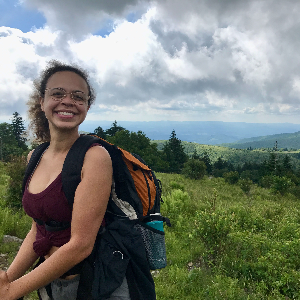
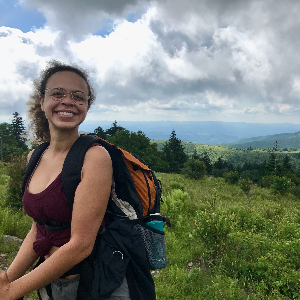

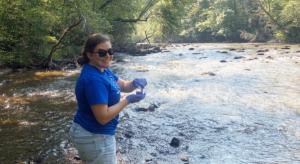

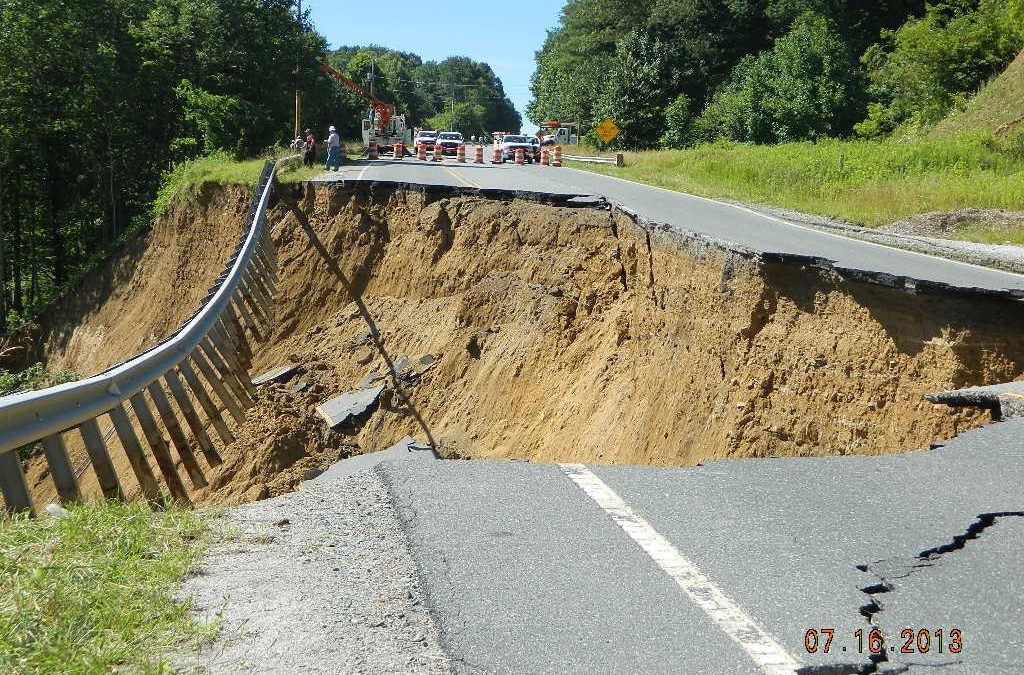

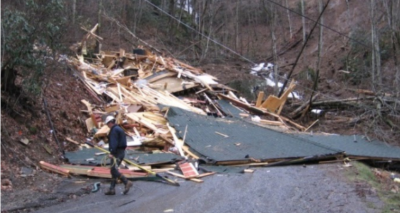

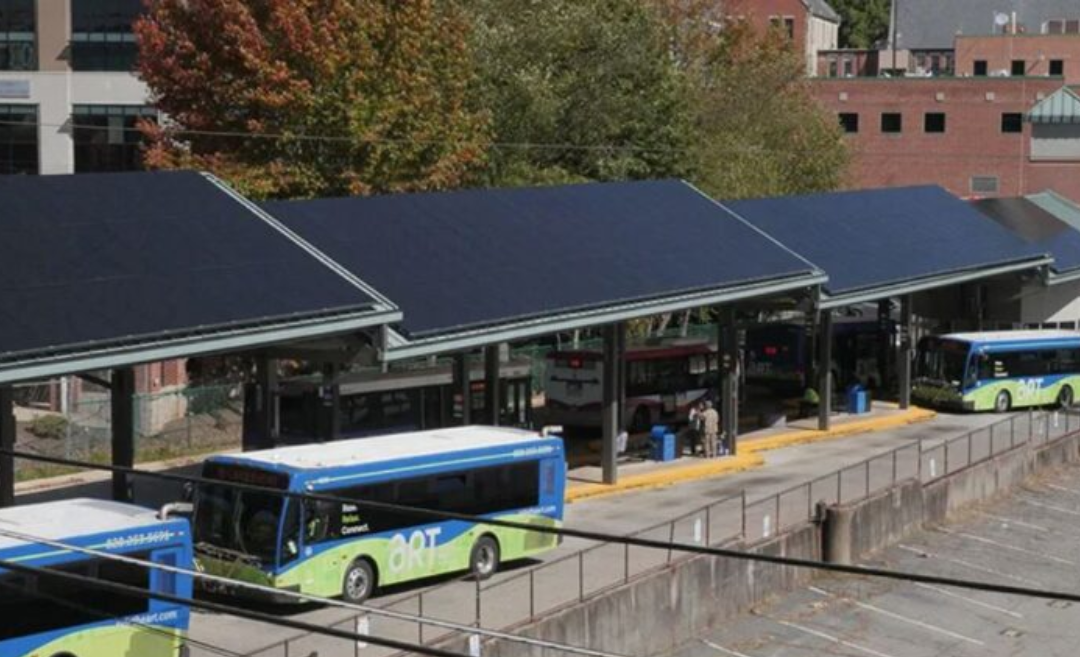

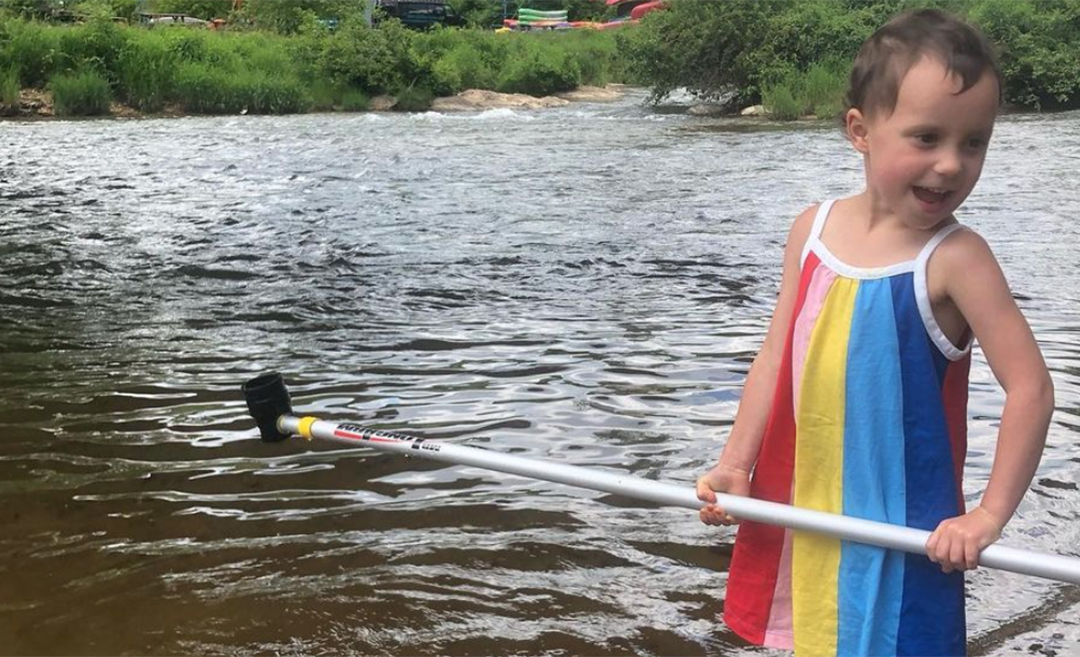


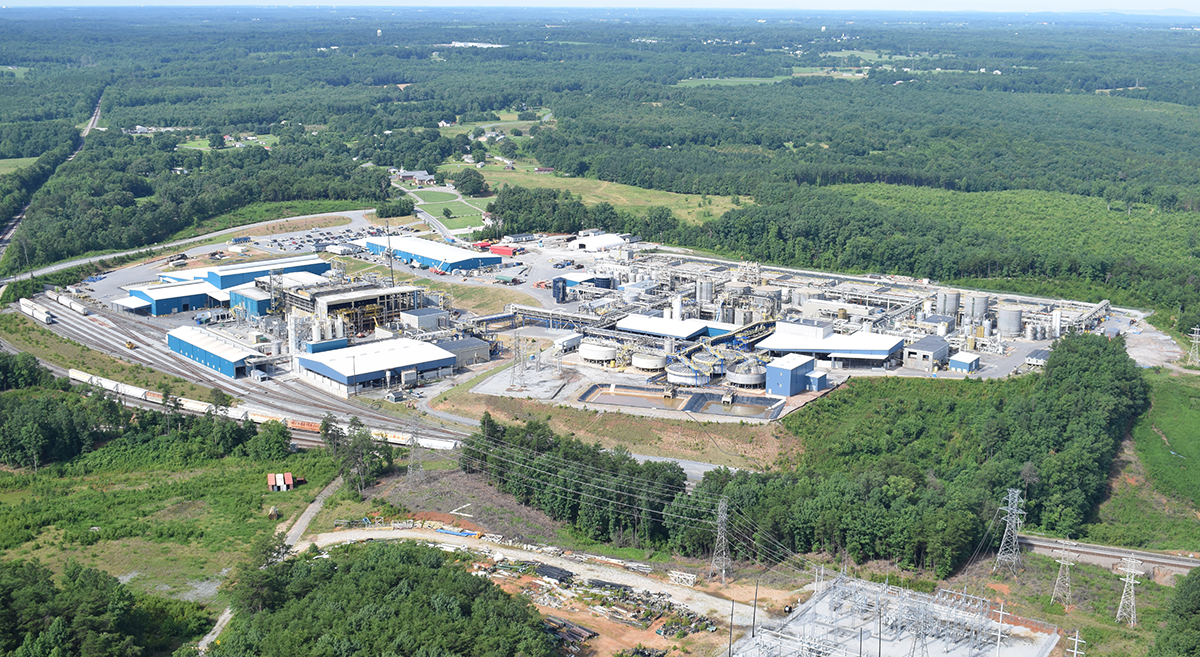
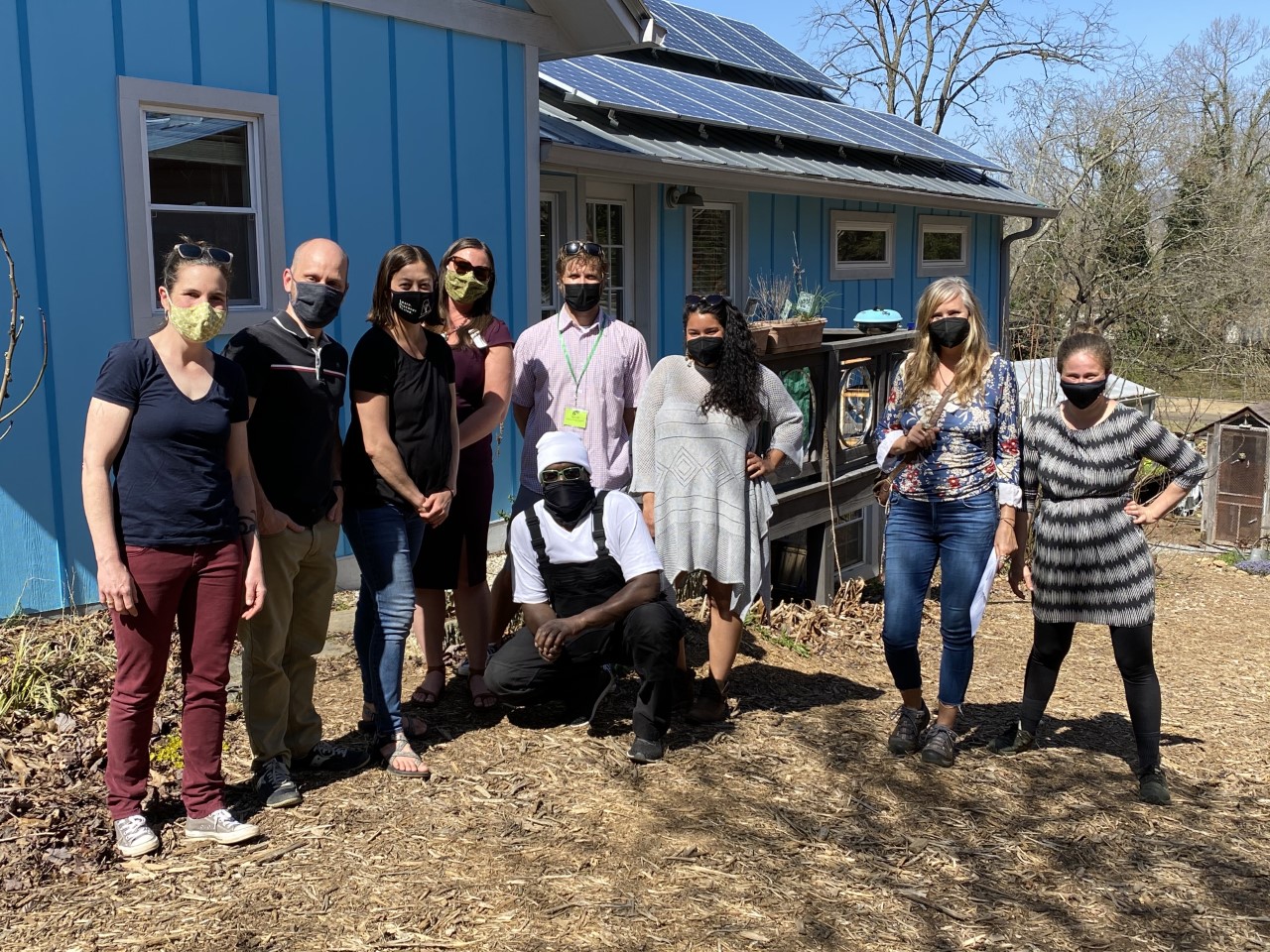

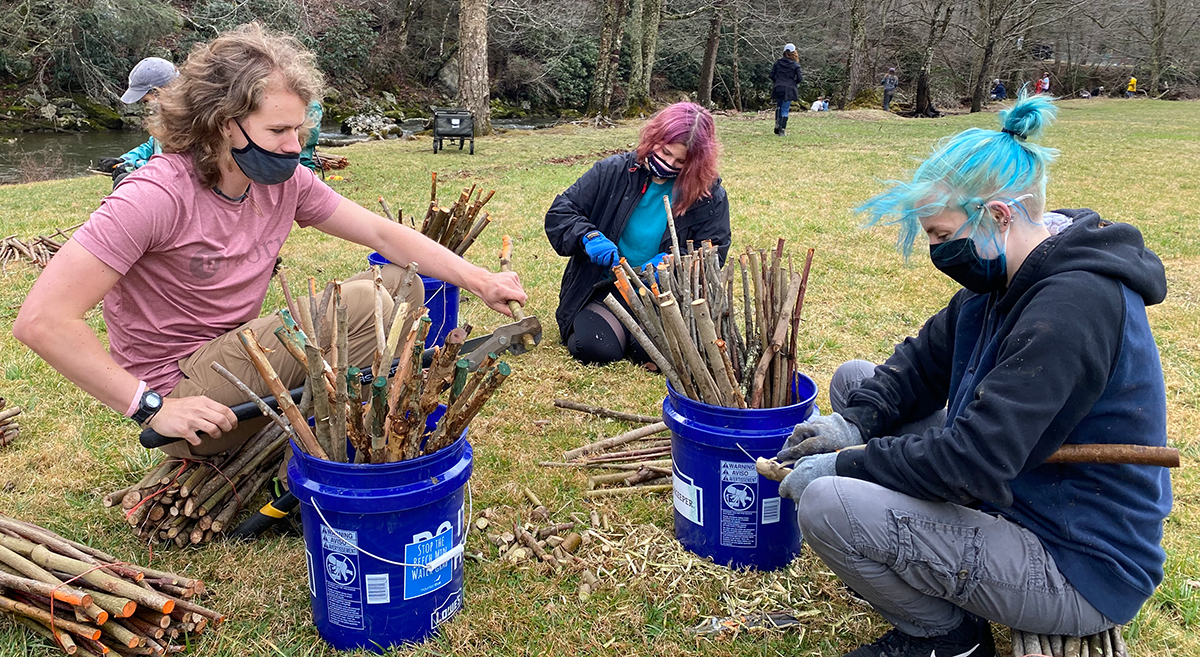
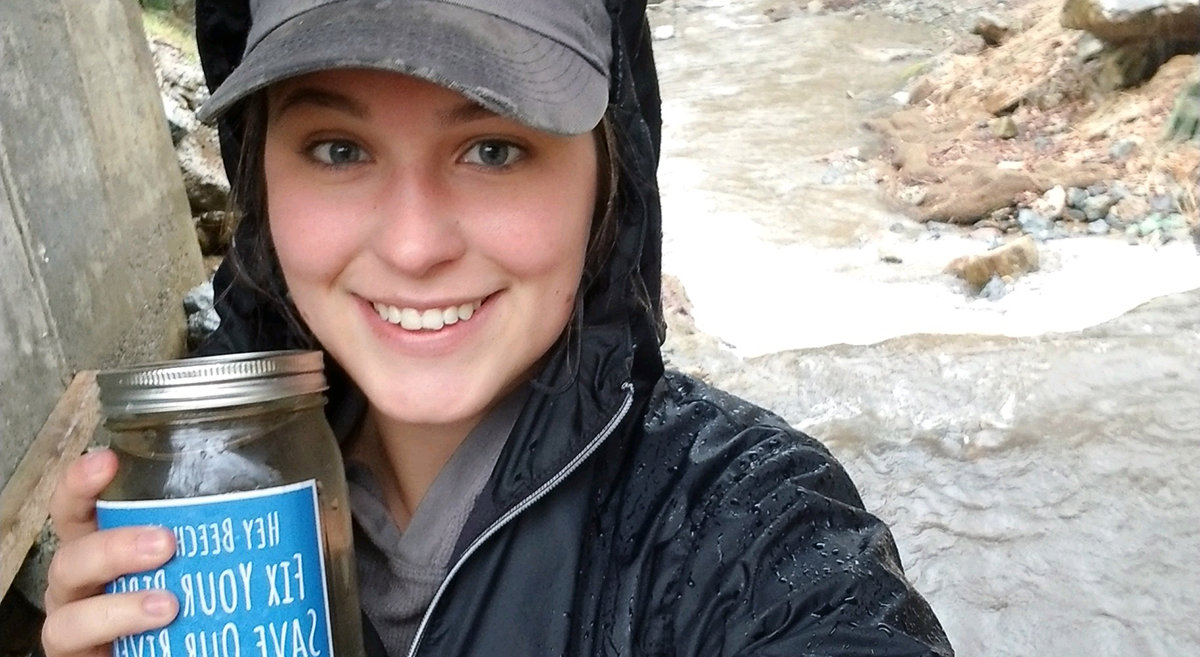
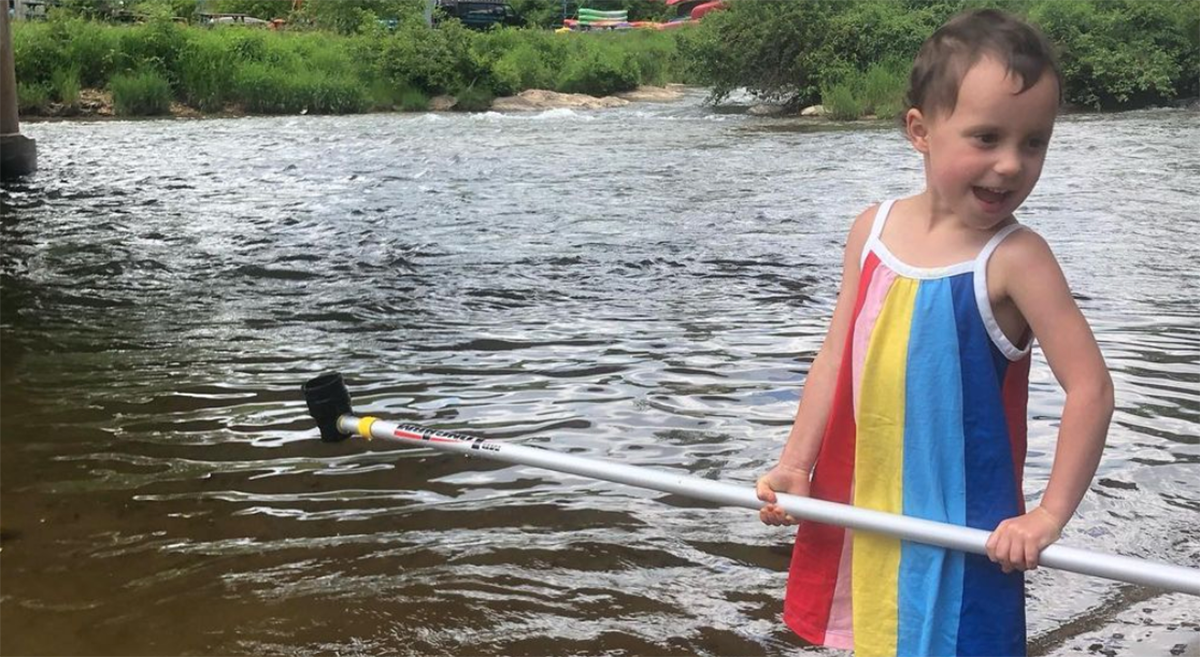


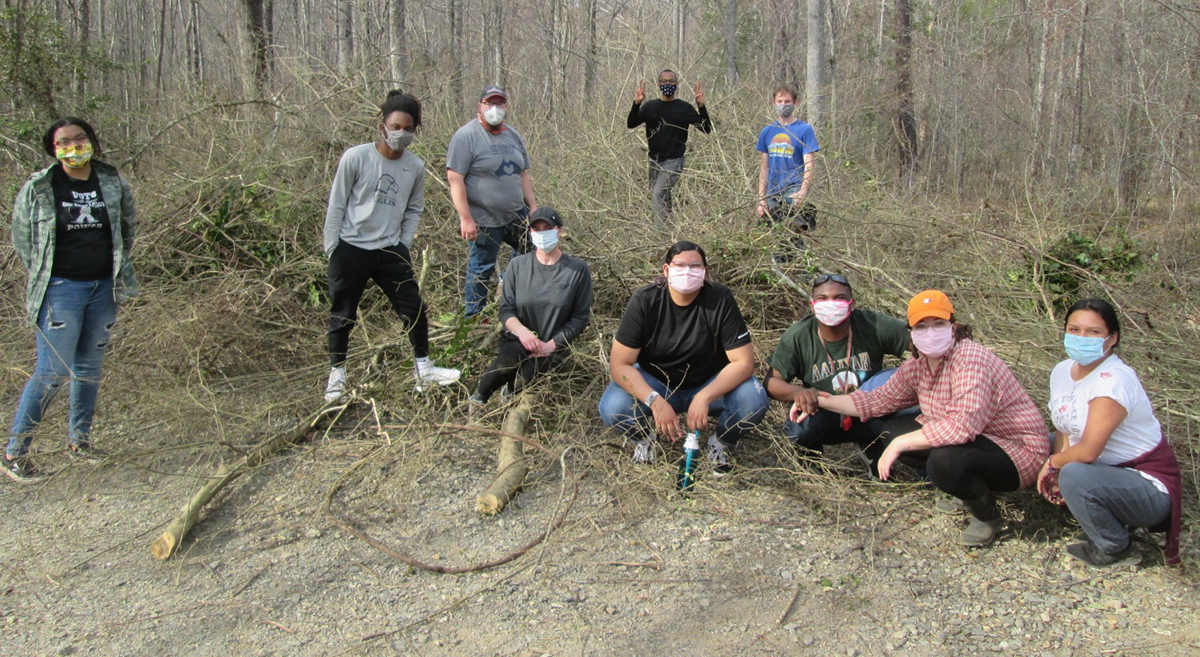
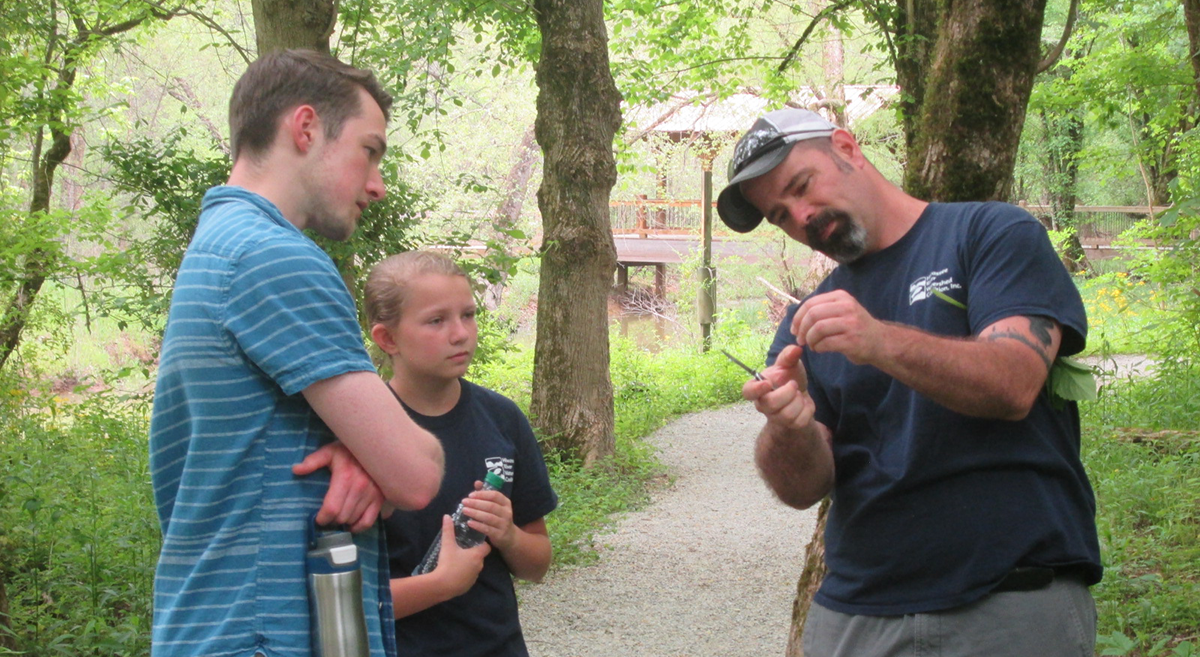
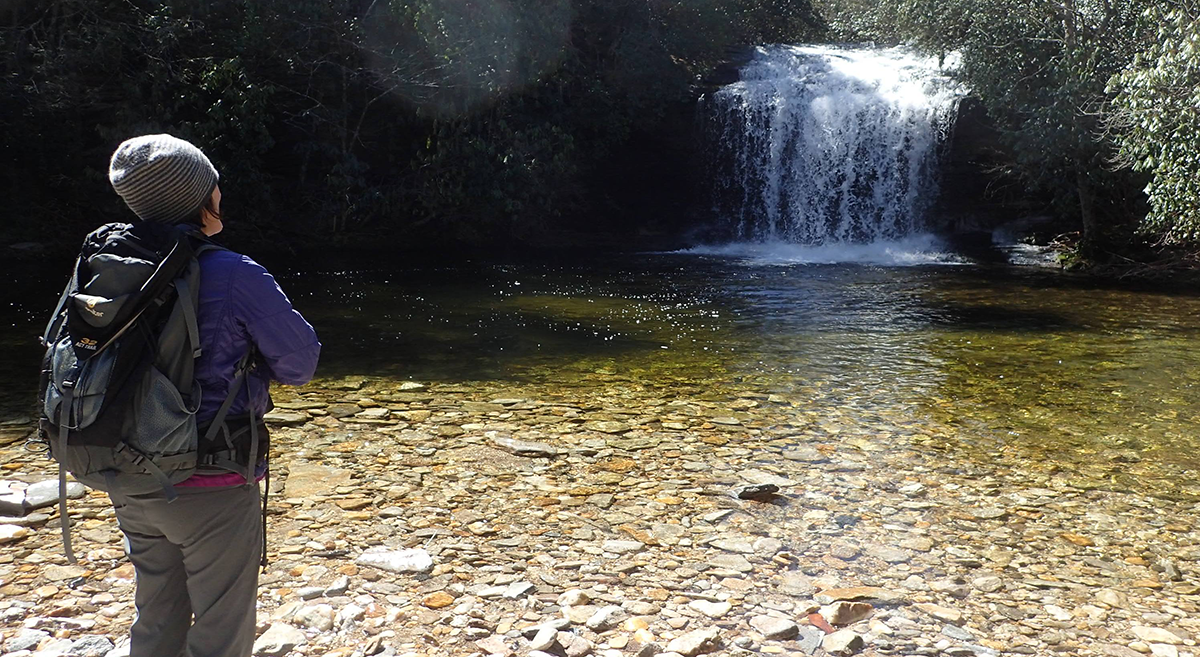 Photo caption: Schoolhouse Falls is one of two larger waterfalls located along the route of the spring hike outing.
Photo caption: Schoolhouse Falls is one of two larger waterfalls located along the route of the spring hike outing.